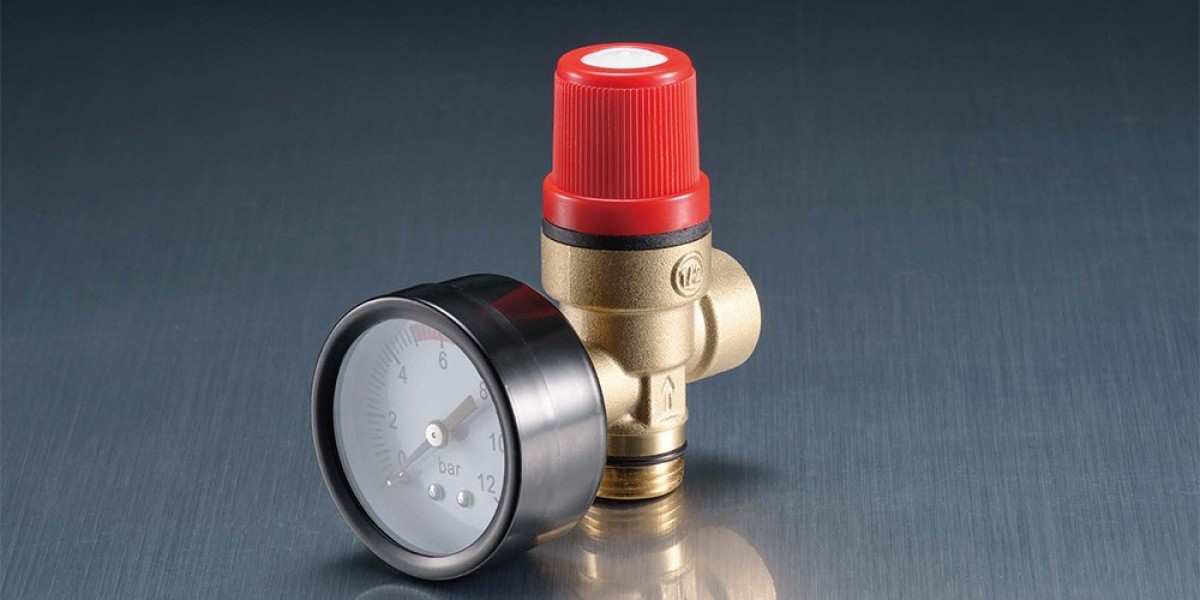In any HVAC system, whether residential or commercial, ensuring efficient fluid control is essential for optimal performance. The HVAC Control System is designed with high-quality valves that manage the flow of water, air, and refrigerants, crucial for controlling temperature and humidity levels across a building. These valves are a critical part of HVAC systems, providing precise control over fluid movement to maintain efficiency and comfort.
The key function of these valves is to regulate the flow of fluids through the HVAC system. By controlling how much air or water moves through the system, they can ensure that each part of the building receives the right amount of heat or cooling. For example, in a heating system, valves manage the flow of hot water to various parts of the building, ensuring that every room is heated to the desired temperature. Similarly, in air conditioning systems, valves adjust the pressure of refrigerants to maintain consistent cooling performance.
Energy efficiency is another benefit of these valves. They prevent excessive fluid flow, ensuring that the system does not waste energy. By optimizing the flow of air, water, or refrigerants, valves help to reduce the overall energy consumption of the HVAC system. This makes them an essential component for anyone looking to lower their energy bills while maintaining a comfortable indoor environment.
Durability is another critical aspect of these valves. Made from high-quality materials, they are designed to withstand the stresses of regular use without deteriorating. Whether it’s high-pressure water in a heating system or refrigerant in an air conditioner, these valves ensure the system operates smoothly over the long term.
In summary, valves are an indispensable part of HVAC systems, ensuring both efficiency and reliability. They regulate fluid flow, improve energy efficiency, and enhance system longevity, making them an essential component in any HVAC installation.







